#Canad: Maya, 17, got mental health records by FOI, then killed herself. Her mom wants reform.
VANCOUVER — Maya Cassady was just two months away from graduating high school with honours when she obtained her mental health records through a freedom of information request.
Just hours after reading the contents, which included doctors’ ponderings about a diagnosis, the 17-year-old took her own life.
It was March 30, 2023. Since Maya’s death, her mother, Hilary Cassady, has become an advocate for youth mental health, raising flags about young people using FOIs to access their charts — and risking misinterpreting the contents.
Cassady said she believes Maya concluded her mental health condition was untreatable, after reading terminology about her case that was never discussed with either of them.
And while the Office of the Information and Privacy Commissioner of B.C. said the head of a health authority could block the release of documents deemed potentially harmful to a recipient, it said it would “not be possible” to screen all requests.
Cassady said the emergency room psychiatrist who saw Maya on the visit that was the subject of her request did not even know she had sought the records.
“Bottom line: Maya may still be here today if she had not received that report,” Cassady said, adding that she believed “it was the ultimate trigger that led to her death.”
Maya’s case was raised in the B.C. Legislature last week by Green Party legislator Jeremy Valeriote, who echoed Cassady’s calls to ensure that teens who request their medical records are provided professional support to interpret the records.
In most of B.C.’s health authorities, including Vancouver Coastal Health where Maya was treated, people can request their medical records without the consent of a legal guardian starting at age 12.
Cassady said she first learned of Maya’s mental health struggles in September 2020 when she was 15 and called a suicide crisis line. She said her daughter was immediately given a bed at an impatient facility.
“I believe this is where she learned from her fellow patients how to make a request to FOI her records,” Cassady said.
Cassady said she was unsure when her daughter made the FOI request, but believes she collected it from the family mailbox the same day she died.
The request, Cassady said, focused on a four-day stay at Lions Gate Hospital in February 2023 after an acetaminophen overdose that a doctor believed was an “impulsive” suicide attempt by Maya.
Cassady said her daughter’s friends reported seeing her reading the FOI documents and Googling terms on her ferry commute to school from Bowen Island, off West Vancouver, and again during her spare period later that morning. She died later that day.
“She had given up hope when she felt that her diagnosis was untreatable — that was the response when she Google searched some of the terminology in the report,” Hilary said of her daughter.
She said she drew that conclusion after looking at her daughter’s phone in the days after her death, trying to piece together her state of mind. She said one of the last search results that showed up in the teen’s phone browser was that her symptoms were “untreatable.”
“That is etched in my brain,” she said of the word, sure of what she saw but noting that she has not been able to duplicate the search results since.
Cassady said her daughter searched, “Is persistent depressive disorder lifelong?” She also looked up terms, including “axis II traits” and “bd-ii,” which most commonly refers to bipolar II, her mother said.
The chart also classified the girl’s “admitting diagnoses” as “chronic dysthymia vs unspecified depressive disorder,” and said the teen was “not acutely suicidal.”
Cassady said Maya had been diagnosed with major depressive disorder but neither of them had been informed of most of the other terms included in her chart, including the working theory she may have undiagnosed borderline personality disorder.
“I went every time my daughter was hospitalized. I went and sat with the psychiatrist. I even took recordings so I wouldn’t miss anything, and I can tell you that terminology was never discussed with me either,” she said.
Not possible ‘to have them all screened’
Jonny Morris, CEO of the B.C. division of the Canadian Mental Health Association, said there may be valid questions about consent or maturity levels of minors accessing records.
But he said that access to one’s own health records is a right.
“The information in those records are ours. It’s our information, and that’s a really protected and important thing,” he said.
He said there could be a broader issue around how clinicians communicate ponderings or diagnoses to patients.
“There shouldn’t be anything in a medical record, particularly of a diagnostic element or a working diagnosis that would not have been shared with the patient,” Morris said, and hypotheses about potential diagnoses should also be clearly stated if written in a medical chart.
B.C.’s Health Ministry said in a statement that it had received 310 requests for personal records under provincial legislation in the last five years, covering health records, employment records, 8-1-1 health-advice calls and others.
But it said an age breakdown was not available, and health authorities in B.C. were responsible for their own FOI practices regarding health records.
Judy Illes, a professor of neurology and distinguished scholar in neuroethics at the University of British Columbia, said the central question is why someone would feel the need to make an FOI request instead of speaking to their care team directly.
“Everyone is doing their best in trying to keep up with the mental health crisis, keep up with the extent to which resources are limited, against an epidemic of mental health issues among our youth and the young adult population,” she said.
“But we have to learn from these lessons and the fact that people are becoming so desperate that they are actually FOIing their medical records.”
The B.C. College of Physicians and Surgeons said doctors must keep records to clearly explain why a patient came to see them and what they learned from both the patient’s medical history and physical examination. It said there must also be a clear record of what was ordered, a provisional or official diagnosis, and any specifics about treatment, recommendations, medication or follow up.
The college deferred questions about FOI practices to the Office of the Information and Privacy Commissioner of B.C., which confirmed in a statement that there is “no set age in the law when a minor can request their medical records.”
The office noted the test is usually whether the individual is capable of making their own medical decisions, which is typically around age 12 “but public bodies must evaluate the capacity of the minor making the request.”
“Without commenting on the specifics of this particular case, (Freedom of Information and Protection of Privacy Regulation) allows the head of the public body to bring in health care providers to support decision-making about whether to disclose information in records of clinical decisions about the potential harms that could result should disclosure occur,” it said.
The regulation, it said, permits a public body to recommend an applicant not examine the record until a health professional or a family member is present. It also permits a public body to refuse to disclose information “if the disclosure could reasonably be expected to result in immediate and grave harm to the applicant’s safety or mental or physical health.”
In a followup statement, an OIPC spokeswoman said health authorities deal with thousands of requests for health information and the “vast majority” do not pose such harm.
“It would not be possible to have them all screened by health professionals,” the statement said. “But the presence of the safeguard in the act presumes that some degree of risk assessment must be conducted as part of the process.”
The statement said “how requests get flagged for consultation with health professionals in individual health authorities is a question for those public bodies.”
The Vancouver Health authority, where the teen requested her records, didn’t reply to a request for comment.
‘Teens want control over their treatment’
Cassady provided records showing that a psychiatrist who saw Maya said he was never told she had made the request for her records.
“FOI requests are made and processed through the hospital,” the emergency room psychiatrist said in his response to a complaint to the College of Physicians and Surgeons of B.C. by Cassady last year. “I am not advised when an FOI is made by one of my patients, nor am I involved in that process.”
The doctor said he was not made aware that Maya had requested her records or that they had been released to her. He noted he only encountered Maya once.
Cassady is urging the province to ensure any teenager requesting their medical records sit down with a professional to interpret it and explain their options or “action plan.”
She said she is aware of other teenagers, both friends of Maya’s and others, who had since requested their medical documents.
“Teens want control over their treatment and want to understand what is happening to them,” she said. “There is a feeling that the professional or psychiatrist treating them is passing judgment and not telling them everything that the professional thinks about their case.”
UBC Professor Illes called it a “great suggestion,” but noted that it may be challenging to implement, “given that one is a legal structure and one’s a health structure.”
“If someone is FOIing their medical record, they are operating outside the health care system, not within it,” she said.
Cassady said she has been working for more than two years to seek clarity and action to ensure no others meet the same fate as Maya, but without much luck. In January, she wrote to Valeriote, her member of the legislature.
“It needs to be recognized that any teen that is FOIing their records is because they didn’t understand, or want more clarity on their diagnosis and these teens are extremely vulnerable,” Cassady said.
“And then to send the report in the mail directly to the teen without any interpretation — that is just complete carelessness and negligence.”
B.C. Health Minister Josie Osborne responded to Valeriote in the legislature by saying the province is working to focus on supports for youth struggling with mental health, including creating a youth suicide prevention network.
That, Osborne said, is “a way of assisting clinicians in helping to identify issues, providing supports for youth.”
Cassady has set up a foundation called Maya Veronica Cassady Mental Health Wellness Fund to raise money for teens who can’t afford resources for their mental health challenges, and is now calling for more “touchpoints” with teens after hospitalization.
She said her daughter, who was a twin, had a “great circle of friends” and enjoyed rock climbing, skiing and writing. She had been accepted into her preferred university in the Netherlands and was planning to study European law when she died.
“She was so excited about getting into her university of choice, and had made all these plans. We really thought we were coming out of things,” her mother said.
Her death came as a shock and has had a profound impact on those closest to her, her mother said.
“For my husband, he feels guilty when he feels happy. For me — I can’t even put it into words. She was my ‘mini-me’ and I miss her so much,” Hilary Cassady said.
“For her twin sister — well, birthdays will never be the same.”
If you or someone you know is thinking about suicide, support is available 24/7 by calling or texting 988, Canada’s national suicide prevention helpline.
This report by The Canadian Press was first published Nov. 26, 2025.
Brieanna Charlebois, The Canadian #Press

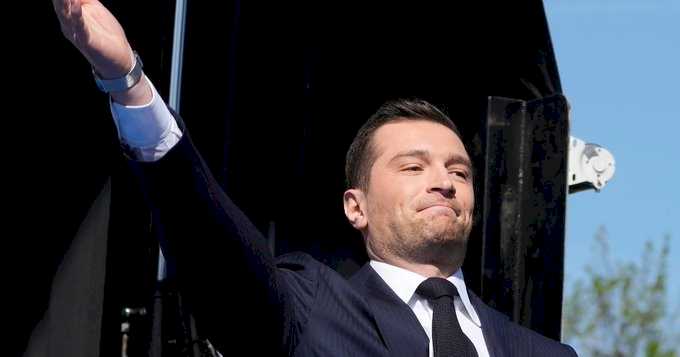

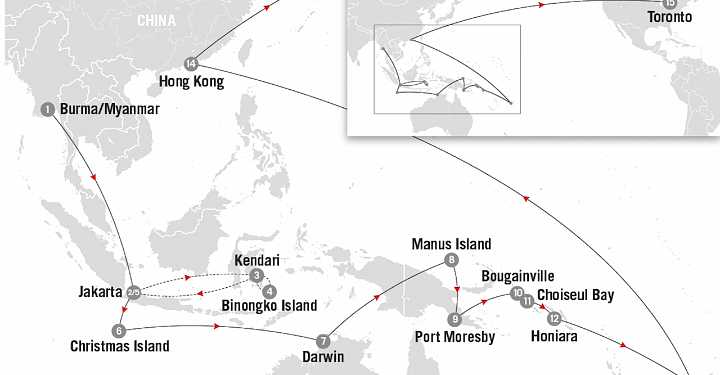


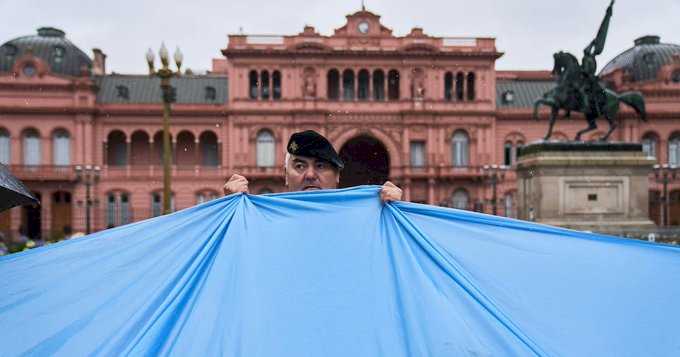
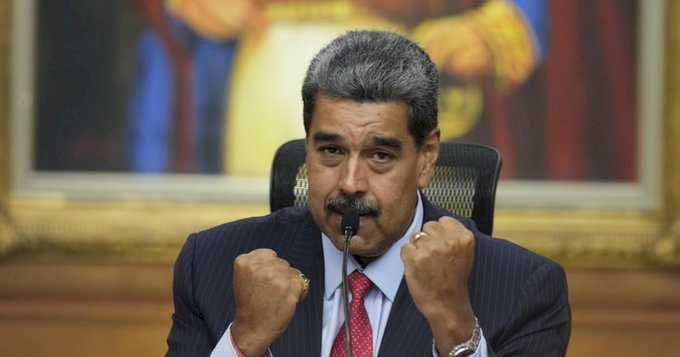
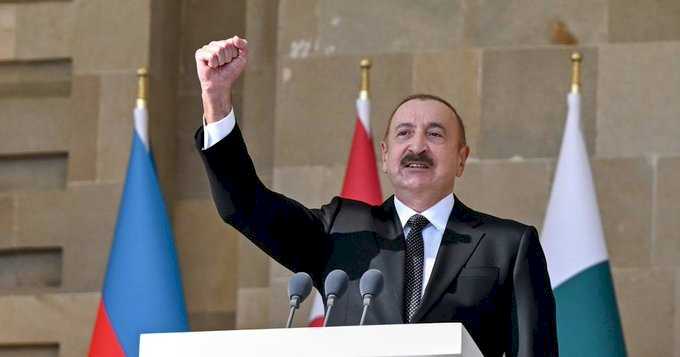
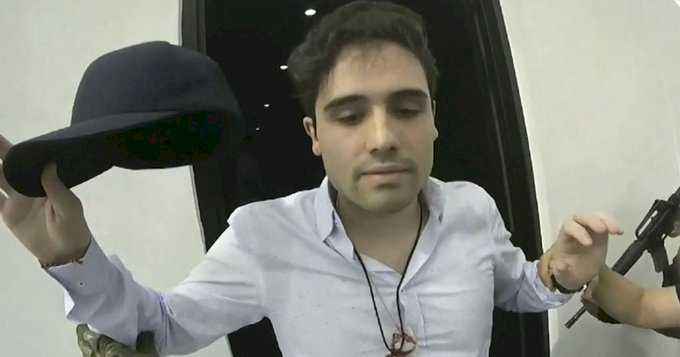
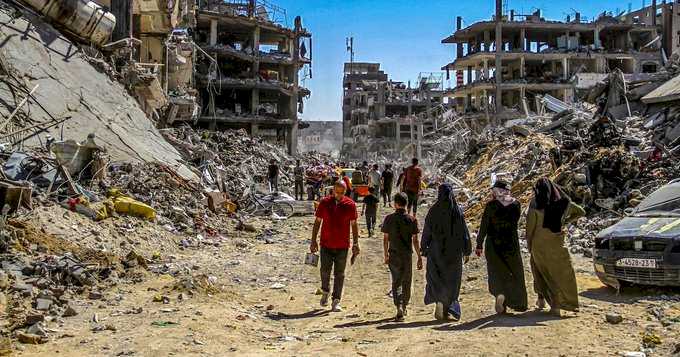
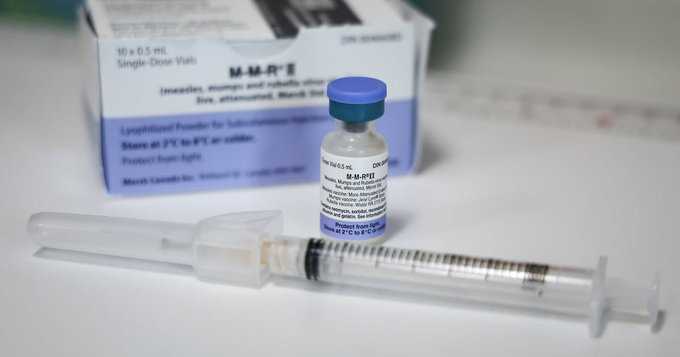
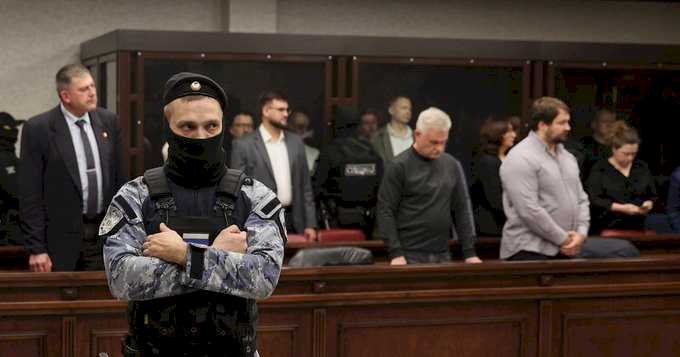

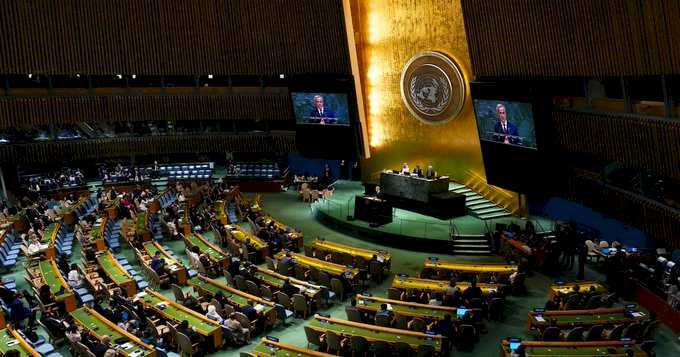



Global News on Umojja.com